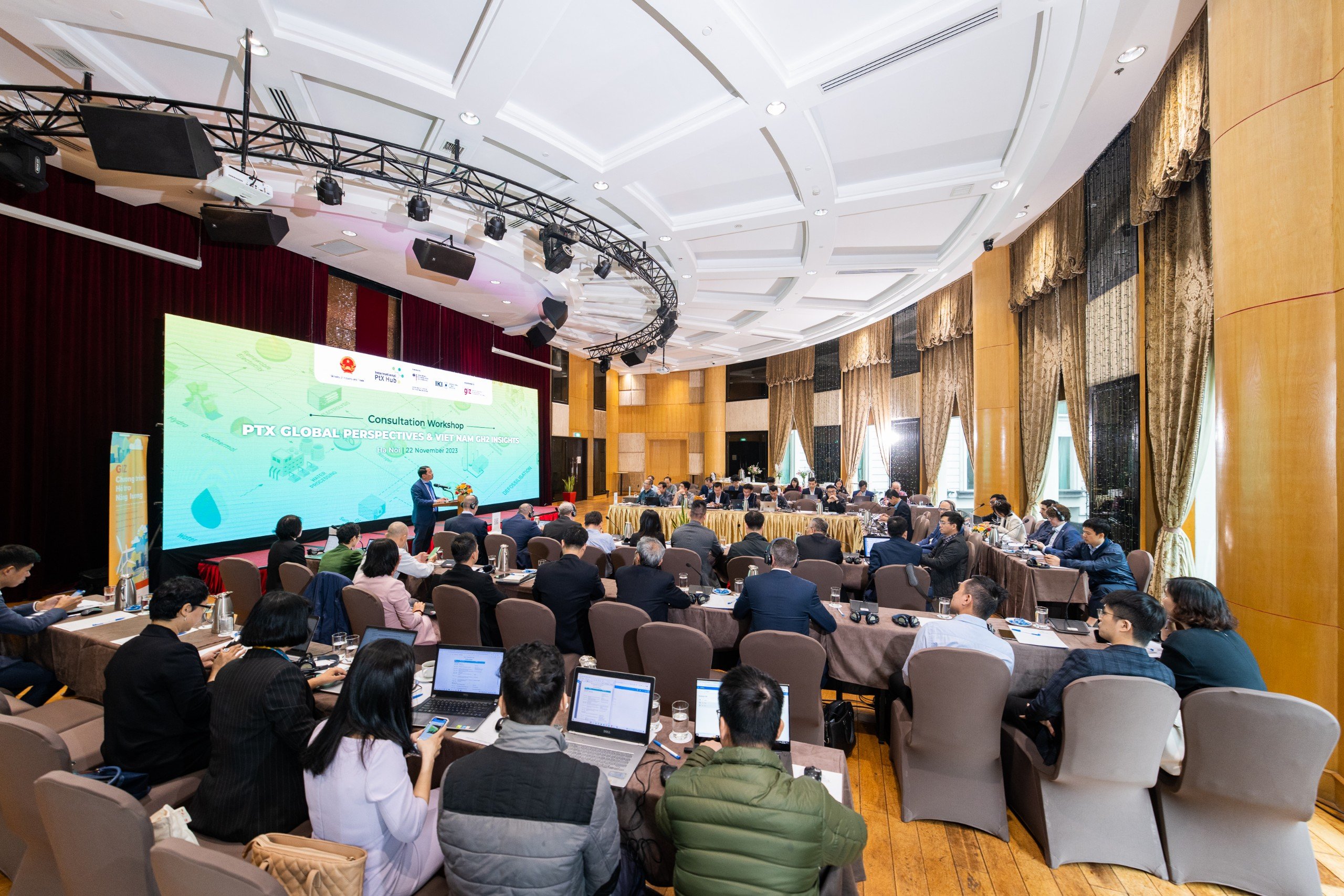Period
03/2020 - 02/2027
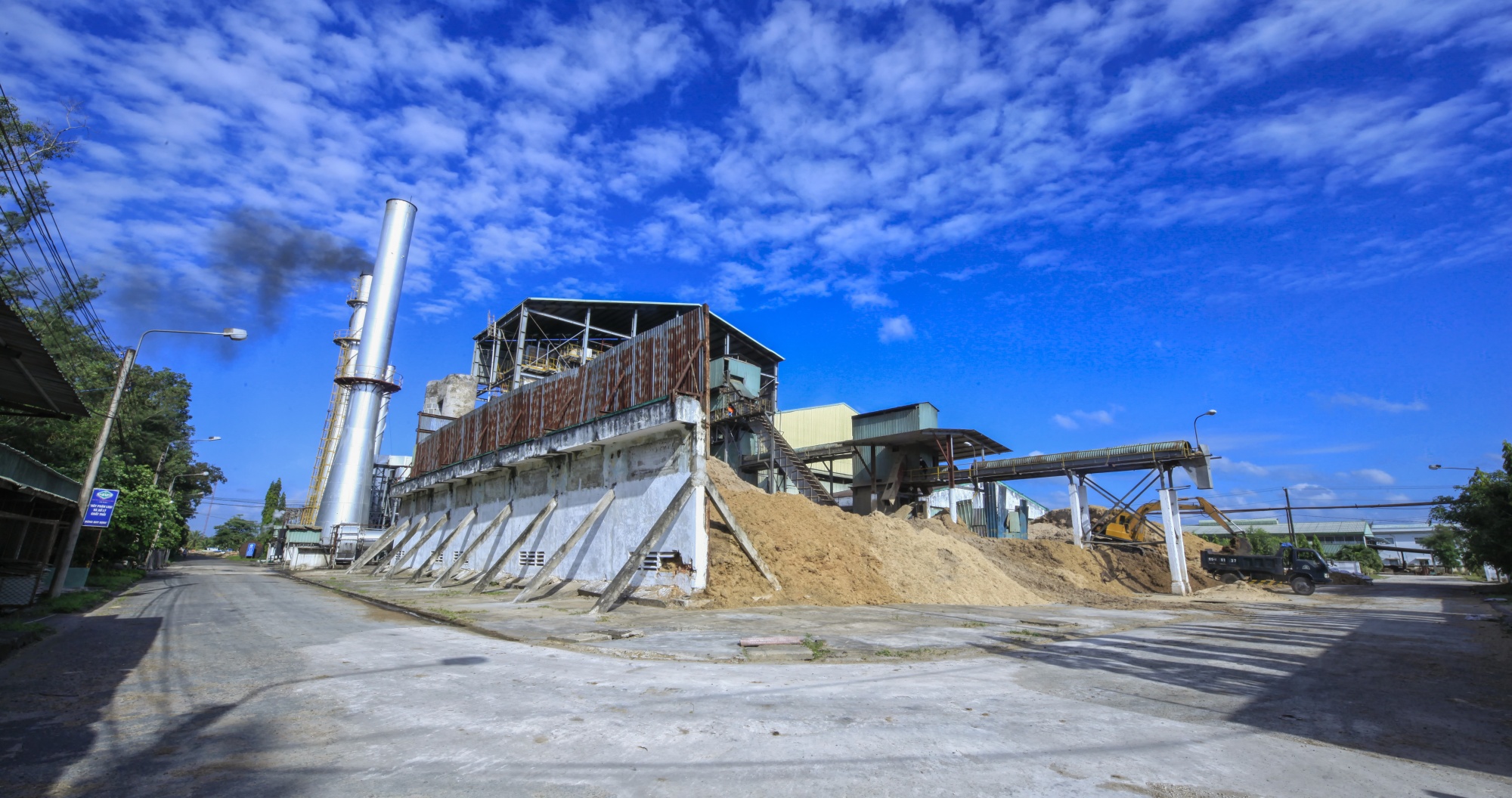
Energy production from biomass at sugar mills in Vietnam
Overview about Vietnam’s energy sector
Vietnam’s fast-growing economy is the main driver for the rapidly increasing electricity demand throughout the country over the past years. The Southeast Asian nation’s annual electricity production increased from 8.6 TWh in 1990 to 240.8 TWh in 2019[1]. The annual increase in this period was between 9-13%, almost twice as high as its GDP growth rate. To meet the growing demand, Vietnam needs to increase its installed capacity by 6 to 7 GW annually.
The country’s overall installed electricity generation capacity was 55.4 GW by the end of 2019 with the dominant sources for power production from coal (36.6%) and hydropower (30.6%). However, the share of wind, solar and bioenergy was only 9.7 %, of which bioenergy was 0.59% of total installed on-grid capacity[2].
Bioenergy potential and its current development in Vietnam
As an agricultural country, Vietnam has a strong potential for bioenergy due to its available biomass resources from post-harvesting and post-processing agro-forest residues and waste such as bagasse, straw and rice husks, and other agricultural/industrial by-products, as well as livestock waste for biogas.
However, only a small proportion of the almost 60 million tons of estimated biomass residue in Vietnam is energetically utilized. The country’s installed capacity of biomass electrical energy was only 391.1 MW in 2019.
According to its revised Power Development Plan VII (PDP7) and Renewable Energy Development Strategy, Vietnam aims to raise the share of biomass energy in total electricity production to 2.1 percent by 2030 and 8.1 percent by 2050. The revised PDP7 also sets the goal for biomass electricity production of 1,200 MW and 3,000 MW in 2025 and 2030, respectively.
In 2014, the Vietnamese government issued a feed-in tariff (FIT) for biomass electricity projects to encourage biomass electricity projects to generate electricity from bagasse from sugar production for self-consumption and for the national power grid (if available). However, the tariff of 5.8 US cents/kWh was low to attract investors.
The FIT has been revised under the decision issued by the prime minister on March 5, 2020. The tariff is specified as follows:
The move is regarded as a positive signal as it will be an incentive for sugar-producing companies to develop and expand their bagasse-fired co-generation power projects. The electricity generated by biomass power plants during the rainy season will be an additional generation resource contributing to the power sector’s resolution to power shortages, which will lead to the mobilisation of oil-fired and gas-fired power at high prices for ensuring the national energy security.
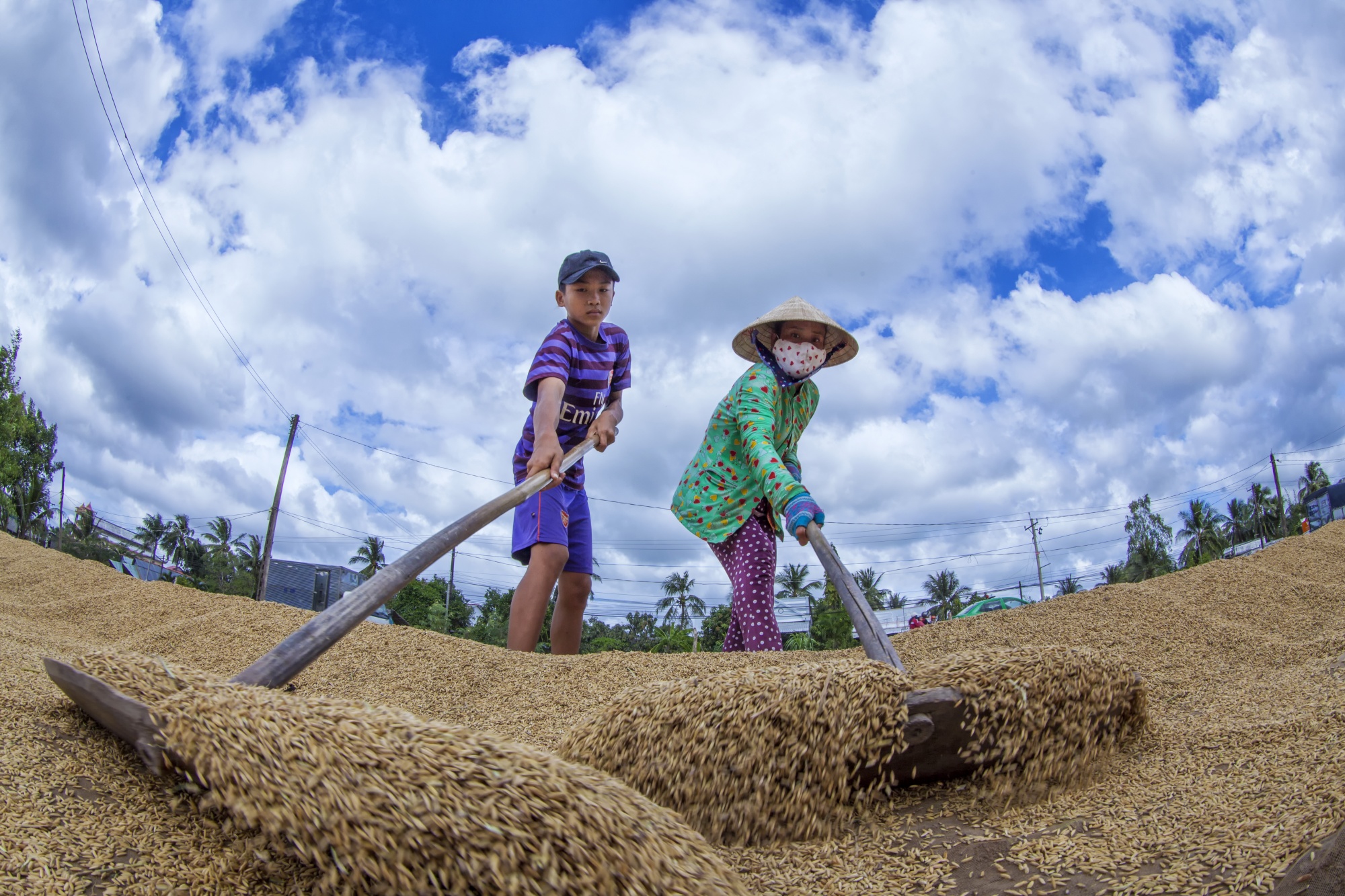
Barriers are left for the country’s ambitious plan for bioenergy power, however. Capacities for increased use of industrial medium to large-scale biomass energy are still lacking as follows:
A new technical cooperation project to develop the market
In the context, the “Climate Protection through Sustainable Bioenergy Markets in Viet Nam (BEM)” project is playing a crucial role in supporting the Vietnamese Government in increasing the share of bioenergy in the country’s overall power mix. Set to run from 2019 until 2023, BEM aims at improving the preconditions for sustainable use of bioenergy for electricity and heat generation in Vietnam.
Key activities include supporting regulatory adjustment to planning and licensing biomass energy projects; improving the private sector’s capacities to develop biomass ventures and enhance financial institutions’ capacities to finance such ventures; and facilitating technology co-operation between Vietnamese and international enterprises, research institutions, and universities on the use of biomass for electricity and heat generation.
BEM is funded by the German Federal Ministry for the Environment, Nature Conservation and Nuclear Safety (BMU) through the International Climate Initiative (IKI). The project is implemented by the Electricity and Renewable Energy Authority (EREA), which is a subordinate of Vietnamese Ministry of Industry and Trade (MOIT), and the Deutsche Gesellschaft für Internationale Zusammenarbeit (GIZ) GmbH, which is a federal enterprise supporting the German Government in achieving its objectives in the field of international cooperation for sustainable development.
For more information about the project, please click here.
[1] EVN NLDC (2019)
[2] EVN NLDC (2019)
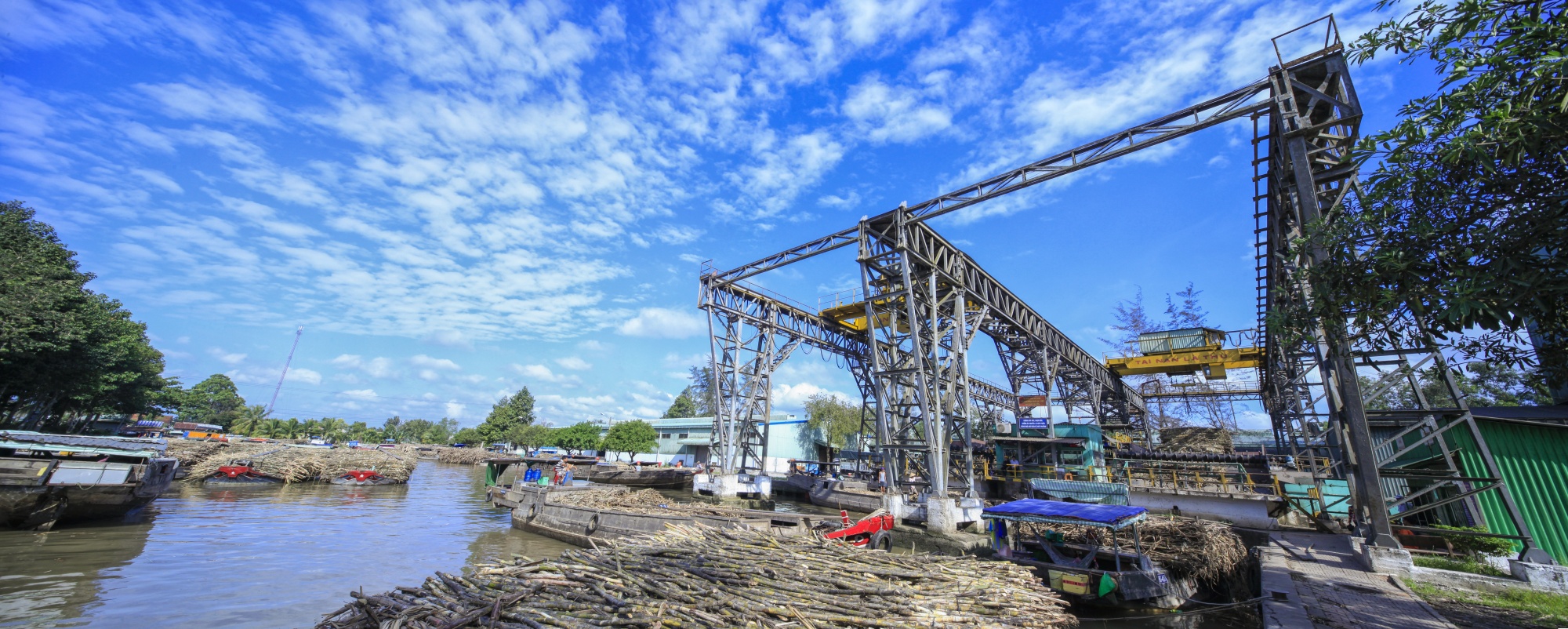
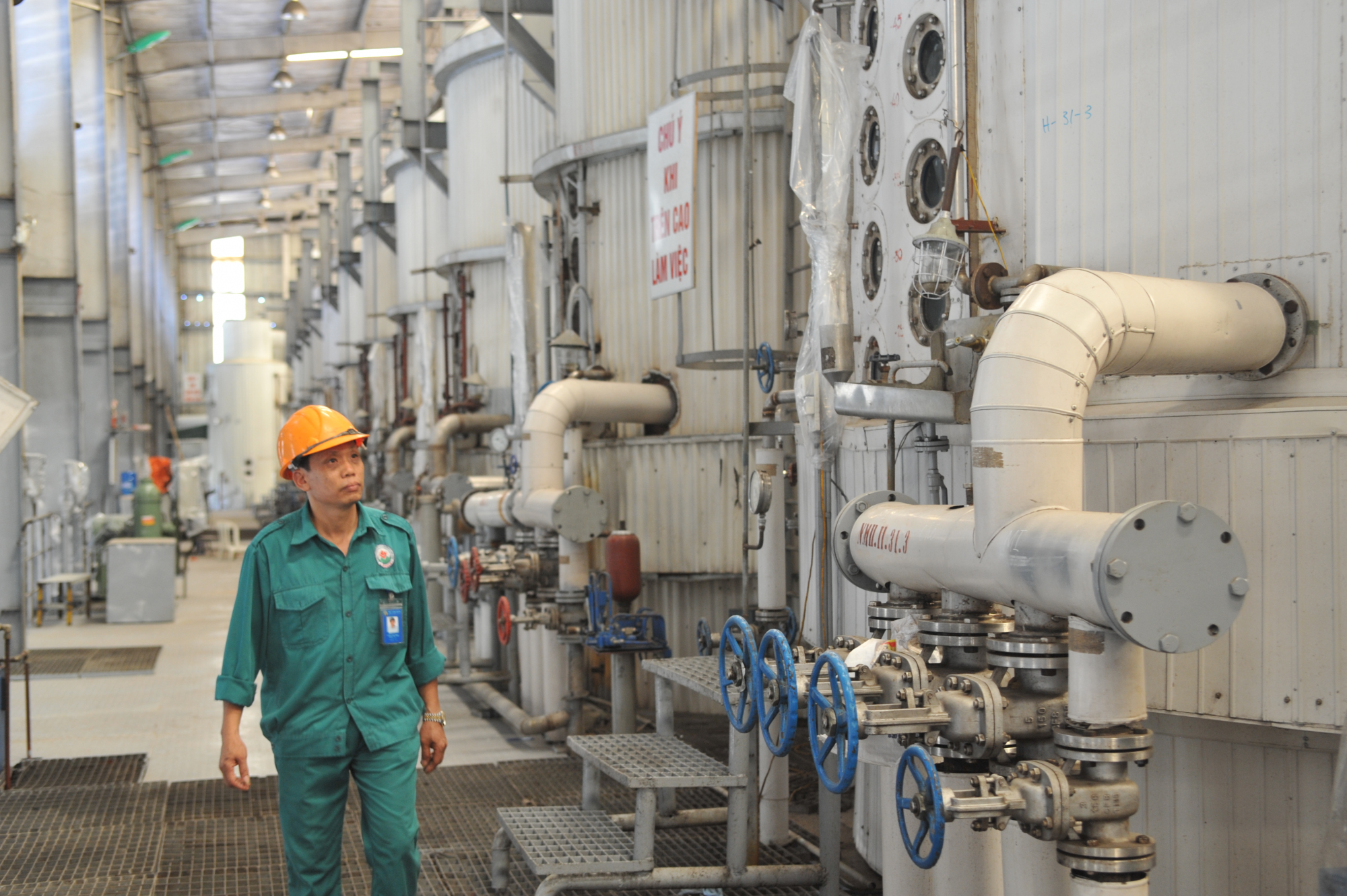 Energy production from biomass at sugar mills in Vietnam
Energy production from biomass at sugar mills in Vietnam
Source: World Bioenergy Association






